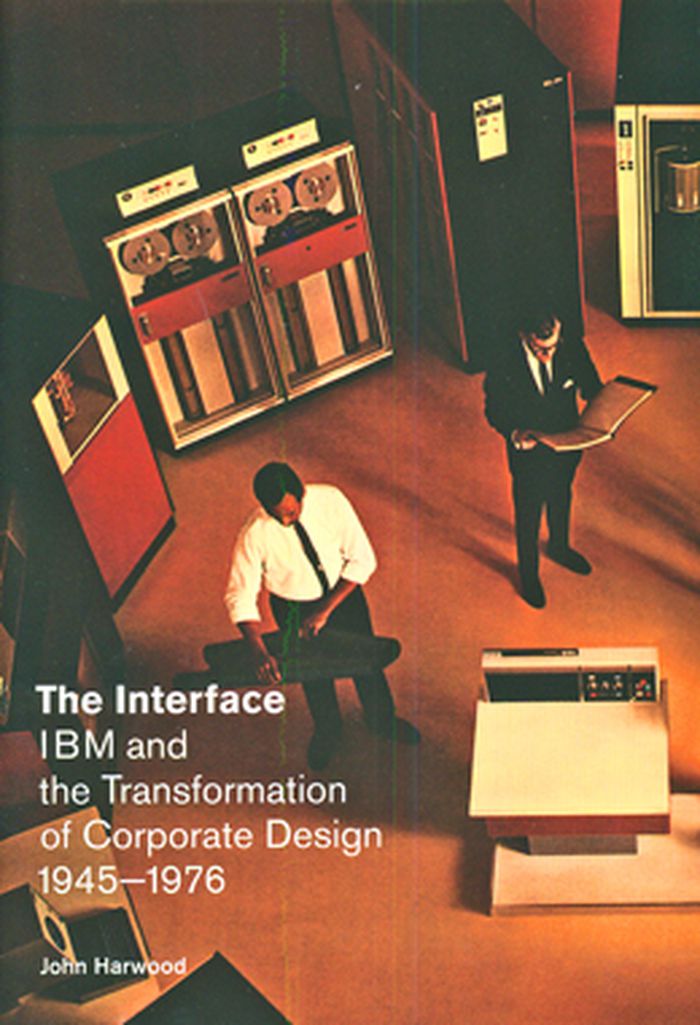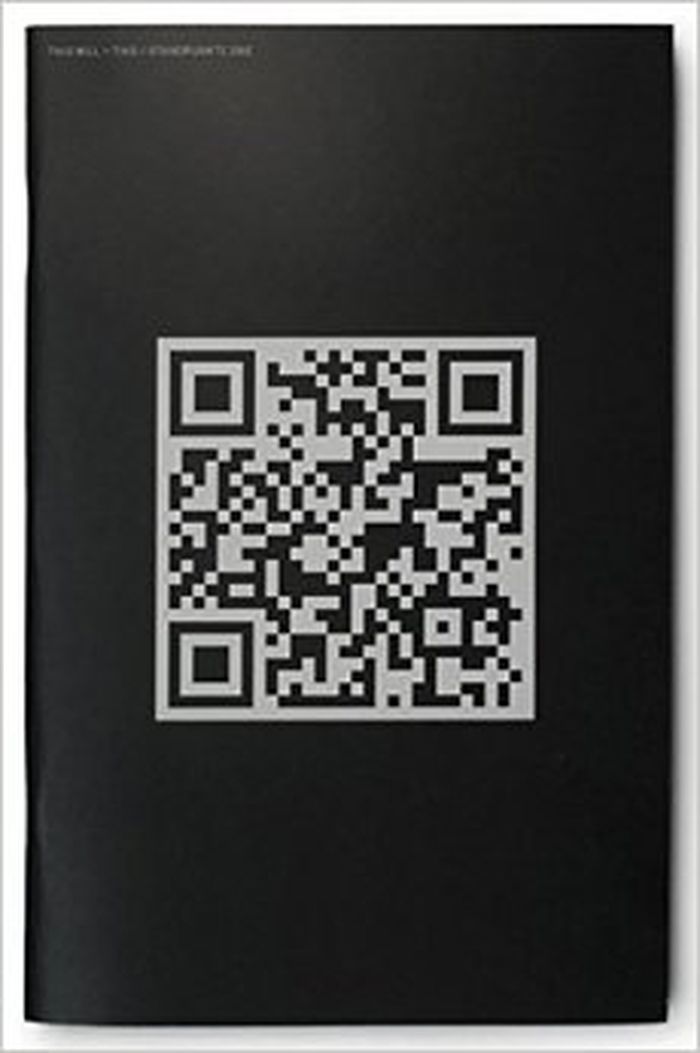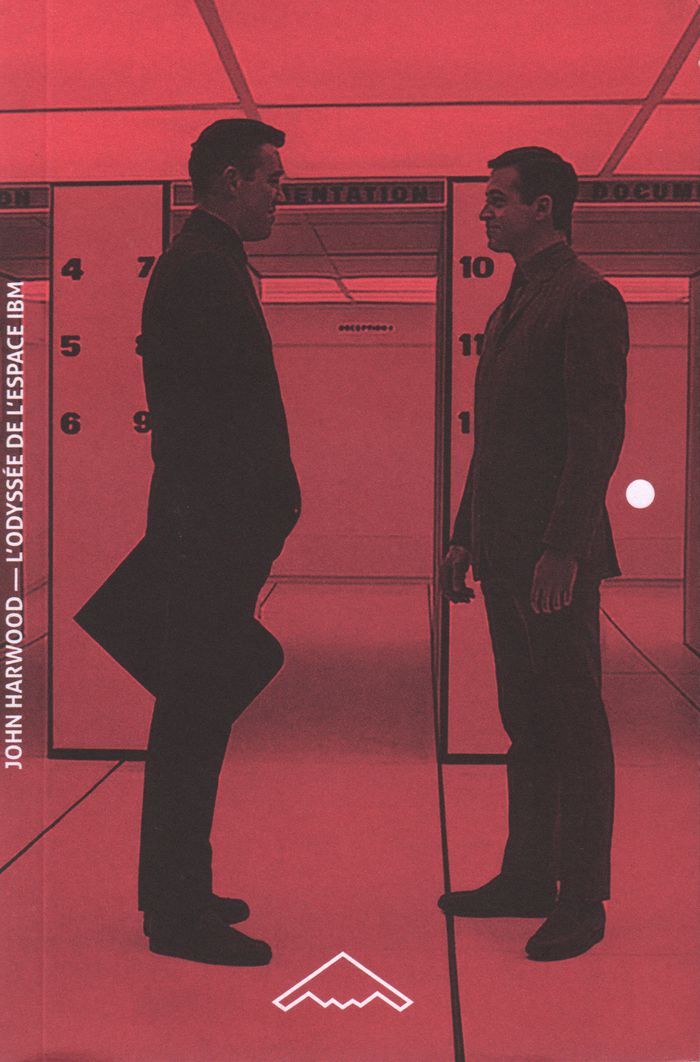$38.95
(available to order)
Summary:
In February 1956 the president of IBM hired the industrial designer and architect Eliot F. Noyes, charging him with reinventing IBM's corporate image, from stationery and curtains to products such as typewriters and computers and to laboratory and administration buildings. What followed remade IBM in a way that would also transform the relationships between design,(...)
The interface: IBM and the transformation of corporate design 1945-1976
Actions:
Price:
$38.95
(available to order)
Summary:
In February 1956 the president of IBM hired the industrial designer and architect Eliot F. Noyes, charging him with reinventing IBM's corporate image, from stationery and curtains to products such as typewriters and computers and to laboratory and administration buildings. What followed remade IBM in a way that would also transform the relationships between design, computer science, and corporate culture. IBM's program assembled a cast of leading figures in American design: Noyes, Charles Eames, Paul Rand, George Nelson, and Edgar Kaufmann Jr. The Interface offers a detailed account of the key role these designers played in shaping both the computer and the multinational corporation. Harwood describes the influence of computer and corporation on the theory and practice of design. Here we see how, in the period stretching from the "invention" of the computer during World War II to the appearance of the personal computer in the mid-1970s, disciplines once well outside the realm of architectural design -information and management theory, cybernetics, ergonomics, computer science- became integral aspects of design.
Industrial Design
This will - this
$20.00
(available in store)
Summary:
The 2D bar code is disturbing and exciting because it is legible at an aesthetic level while remaining illegible at the level of content. What can we make of its linkages between logistics, cryptography, and space?
Archive, library and the digital
January 2009
This will - this
Actions:
Price:
$20.00
(available in store)
Summary:
The 2D bar code is disturbing and exciting because it is legible at an aesthetic level while remaining illegible at the level of content. What can we make of its linkages between logistics, cryptography, and space?
Archive, library and the digital
L'Odyssée de l'espace IBM : Eliot Noyes et la logique de 'l'intériorité' à l'ère de l'information
$21.00
(available to order)
Summary:
L'Odyssée de l'espace IBM est d'abord une histoire des années 1950 : celle liant le nouveau PDG d'IBM, Thomas Watson Jr., à ses corporate designers, l'architecte Eliot Noyes et le publiciste Paul Rand. Ensemble, ils feront de la firme le n°1 mondial de l'informatique. Dans son essai, John Harwood retrace cette saga au sein de l'espace moderniste réinventant le rapport(...)
L'Odyssée de l'espace IBM : Eliot Noyes et la logique de 'l'intériorité' à l'ère de l'information
Actions:
Price:
$21.00
(available to order)
Summary:
L'Odyssée de l'espace IBM est d'abord une histoire des années 1950 : celle liant le nouveau PDG d'IBM, Thomas Watson Jr., à ses corporate designers, l'architecte Eliot Noyes et le publiciste Paul Rand. Ensemble, ils feront de la firme le n°1 mondial de l'informatique. Dans son essai, John Harwood retrace cette saga au sein de l'espace moderniste réinventant le rapport entre intérieur et extérieur, et entre hardware et software. Des bâtiments et machines « IBM » à ses conseils pour le film 2001de Stanley Kubrick, Noyes aura façonné un univers d'entreprise au sens strict, identité homogène et monde clos héritiers du style international et du brutalisme américains, mais augmentés des bunkers SAGE, des tele-computer centers et des white rooms...
Architectural Theory


